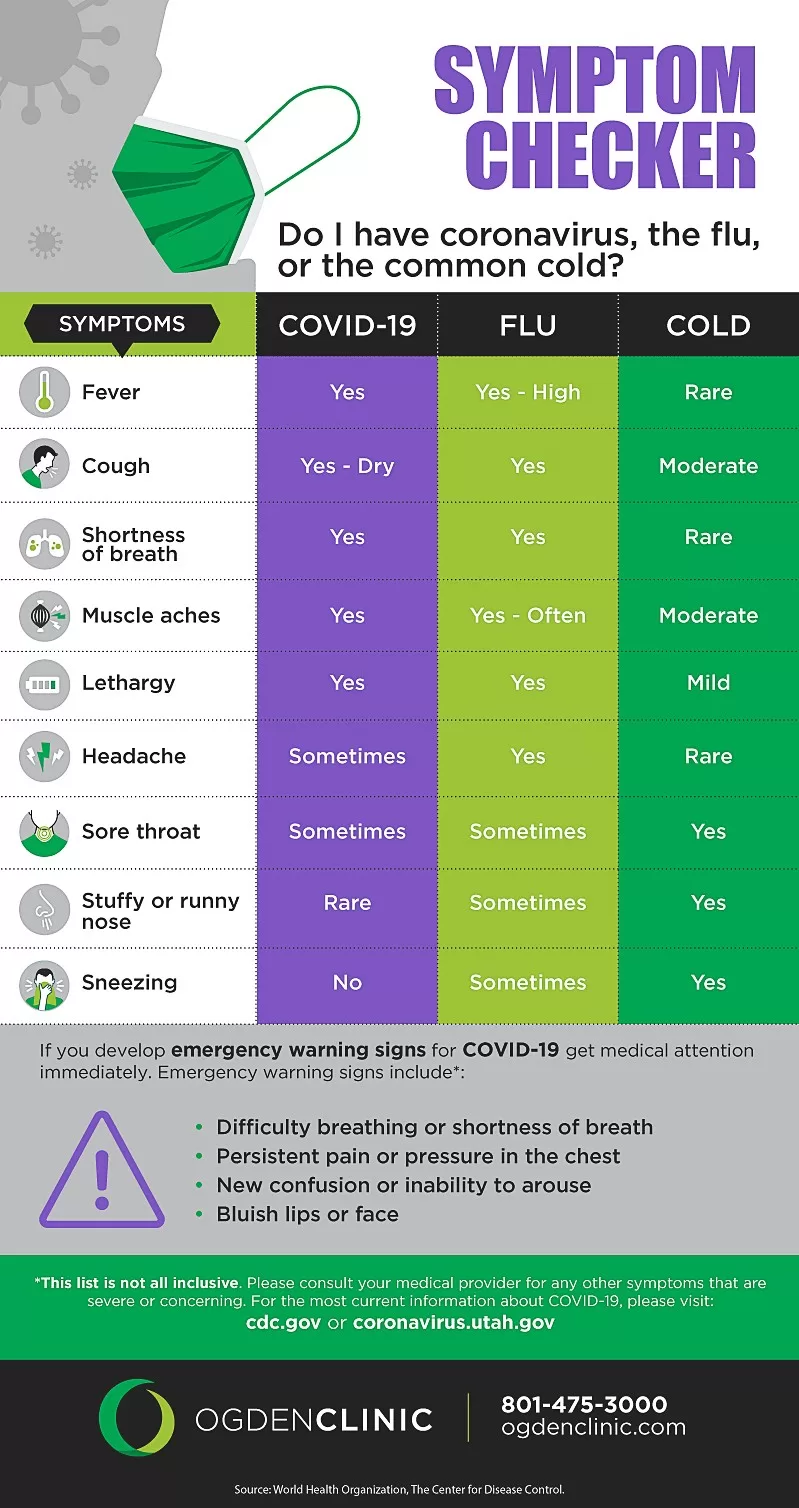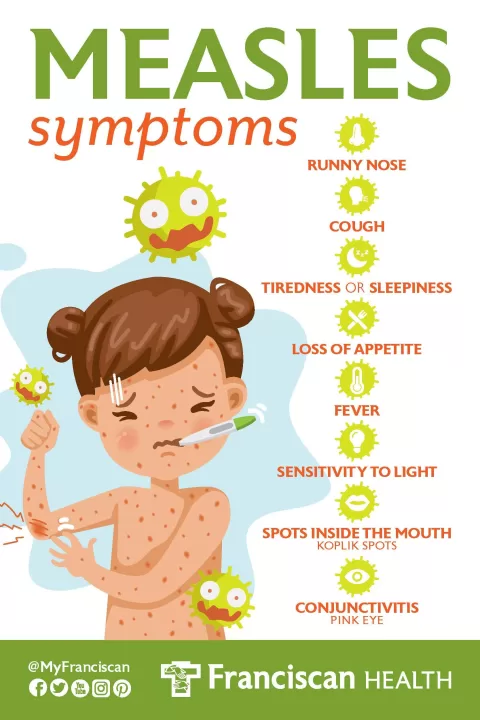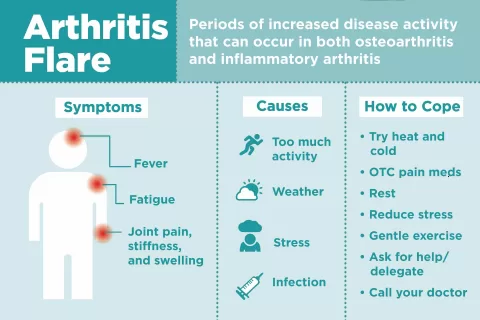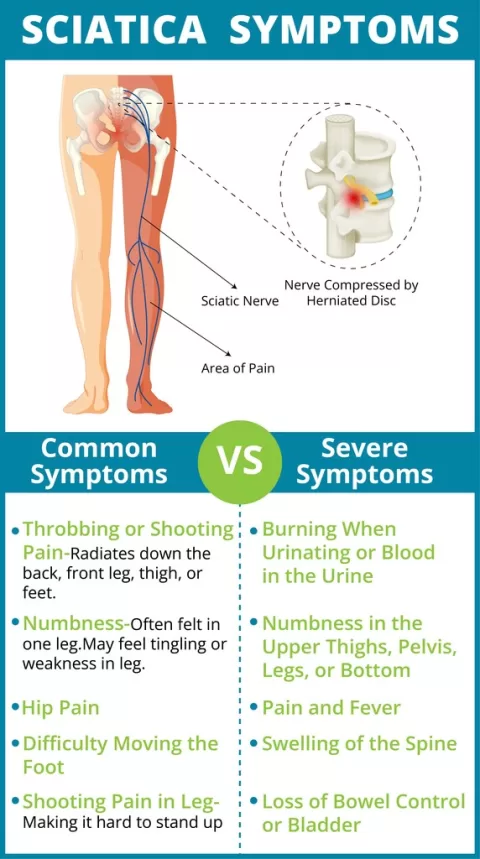The Covid-19 symptom checker is a revolutionary tool designed to help individuals assess their health during the pandemic. Developed by Emory Healthcare, this online health screening service was adapted early to address the pressing need for patient guidance as Covid-19 spread rapidly across the United States. Launched on March 20, it has seen over 300,000 screenings in less than three weeks, reflecting the urgent demand for virtual symptom assessment during these challenging times. With its ability to efficiently direct patients to emergency care when necessary, the symptom checker highlights the significant impact of AI in healthcare. As we navigate through the ongoing crisis, understanding the benefits and limitations of such tools is crucial to ensuring patient safety and effective resource management.
The Covid-19 health evaluation tool serves as an essential resource for assessing potential symptoms associated with the virus outbreak. This digital assessment platform, created by Emory Healthcare, allows users to conduct an online symptom evaluation, reflecting a broader trend towards automation in medical support during emergencies. As accessibility to timely healthcare information becomes increasingly vital, particularly in densely populated areas facing spikes in cases, understanding how these virtual assessments operate is essential. Such online screening methods not only guide individuals to appropriate care but also raise important questions about the adequacy of response strategies in managing healthcare burdens. As we explore these innovative solutions, it’s imperative to examine their role in delivering timely and accurate medical advice.
The Value of Online Health Screenings During Covid-19
Online health screenings have become invaluable tools during the Covid-19 pandemic, as they provide individuals with immediate access to information about their symptoms and potential health risks. Emory Healthcare’s online symptom checker is a prime example of how healthcare systems can leverage technology to enhance patient care. By developing this automated solution in anticipation of a pandemic, Emory was able to quickly respond to the needs of the community, allowing over 300,000 individuals to assess their health statuses promptly. This swift access to health assessments plays a crucial role in alleviating the burden on emergency services, especially in regions hard-hit by the virus.
Moreover, these online tools promote patient empowerment by enabling individuals to make informed healthcare decisions from the comfort of their homes. As many hospitals and clinics faced overwhelming patient volumes, the use of virtual symptom assessments provided an effective means of triaging patients based on need and severity of symptoms. This also reduces unnecessary exposure to potential Covid-19 cases in healthcare facilities, aiding in overall disease mitigation efforts.
Impact of AI in Healthcare: A New Era of Symptom Assessment
Artificial intelligence is revolutionizing the healthcare landscape, particularly in the field of symptom assessment. The reliance on AI-driven tools, like Emory Healthcare’s symptom checker, showcases the potential for technology to enhance clinical efficiency and patient outcomes. This intelligent system utilizes algorithms to evaluate user symptoms, providing personalized feedback on whether patients should seek emergency care or continue self-isolation. As healthcare systems adapt to increasing demands for rapid assessments, integrating AI tools can significantly reduce pressure on emergency departments.
Additionally, the use of AI in healthcare extends beyond mere assessment; it facilitates the collection and analysis of patient data at scale. This capability not only informs individual patient care but also helps health organizations identify trends and allocate resources more effectively, particularly during crisis situations like a pandemic. In essence, the integration of artificial intelligence into symptom assessment tools represents a transformative shift towards smarter, data-driven healthcare.
Managing Emergency Care During Covid-19: The Role of Online Symptom Checkers
The Covid-19 pandemic has underscored the importance of efficient emergency care management, challenging healthcare systems to adapt swiftly to unprecedented demands. Online symptom checkers, like the one developed by Emory Healthcare, serve as vital instruments in guiding patients about when to seek emergency services. By distributing the load of preliminary assessments, these tools help mitigate the strain on emergency departments that are already facing high patient influx due to the pandemic.
However, this raises important considerations about the accuracy of the guidance provided by automated assessments. In specific cases, patients may receive recommendations to seek care that could compound the challenges facing overloaded hospitals. Therefore, while online health screenings are essential for triage, it is crucial to continuously evaluate their effectiveness and limitations in directing patients correctly, ensuring a balanced approach to emergency care during such critical times.
Navigating Covid-19 Symptoms: The Importance of Virtual Assessment Tools
As symptoms of Covid-19 can vary widely among individuals, utilizing virtual assessment tools has become essential for navigating potential cases effectively. Emory Healthcare’s symptom checker exemplifies how technology can provide crucial insights for individuals experiencing health issues. By answering a series of symptoms and health-related questions, patients can receive personalized guidance that helps them understand if and when to seek further medical evaluation.
This virtual approach reduces the time and resources spent in traditional healthcare settings, allowing individuals to self-assess with confidence. The convenience of accessible online platforms enhances the likelihood that patients will seek help when necessary, ultimately contributing to improved public health outcomes during the pandemic. As healthcare evolves, these tools will likely remain integral to our health management strategies.
The Future of Online Health Screening Post-Covid-19
The lessons learned from the pandemic will likely shape the future of healthcare digital solutions moving forward. Online health screenings and symptom checkers have proven their worthiness in managing public health crises, creating a foundation for ongoing use in everyday healthcare. As technology continues to advance and more health systems adopt similar tools, we can expect a shift toward more personalized, patient-centric approaches to healthcare.
Looking ahead, integrating telehealth with online symptom assessment can further enhance patient experiences and outcomes. As virtual healthcare becomes increasingly accepted, the synergy between in-person visits and digital screenings can ensure timely and effective care for patients, regardless of their circumstances. The evolution of these systems promises not just a response to emergencies but a more proactive approach to health management in the future.
Emory Healthcare’s Preparedness: Learning from Past Health Crises
Emory Healthcare’s quick adaptation of its online symptom checker, developed in response to the H1N1 pandemic, highlights the importance of preparedness in health systems. By learning from past health crises, Emory established a foundation that allowed for a swift response to the Covid-19 outbreak, demonstrating the effectiveness of preemptive measures in healthcare. Their foresight in creating an adaptable digital tool proves invaluable, as it facilitated rapid screening and triage during a critical period.
This approach not only improved patient access to necessary assessments but also positioned Emory Healthcare as a leader in managing public health crises. The ability to transition an existing tool into a relevant resource amid a pandemic shows how healthcare institutions can benefit from investing in technology and preparedness. Emory’s efforts serve as a framework for how other health systems can better prepare for future challenges.
Patient Empowerment Through Technology: Advantages of Online Assessments
Empowering patients has become a focal point in modern healthcare, with technology leading the charge. Online health screenings not only provide individuals with vital information about their health status but also foster a sense of ownership over their healthcare decisions. By utilizing tools like Emory’s symptom checker, patients can assess their symptoms in the privacy of their homes and make informed choices about seeking care.
This empowerment is especially crucial during a pandemic when fear and uncertainty can hinder individuals from pursuing necessary medical attention. When patients feel informed and in control, they are more likely to engage with healthcare providers proactively. The seamless integration of technology into health assessments can significantly improve engagement and adherence to healthcare recommendations.
The Importance of Accurate Symptom Checking in Preventing Disease Spread
Accurate symptom checking is critical in preventing the further spread of Covid-19. Healthcare organizations must prioritize reliable tools that provide accurate assessments to prevent misdiagnosis or unnecessary hospital visits. Emory Healthcare’s online symptom checker effectively guides individuals by assessing risk based on reported symptoms, aiding in timely identification of potential cases and reducing transmission in communities.
Furthermore, ensuring these digital tools are based on up-to-date guidelines and medical advice is essential in maintaining public trust and efficacy. Continuous improvement and validation of online symptom checkers can lead to enhanced public health outcomes and a more prepared healthcare system capable of managing future pandemics.
Telemedicine’s Rise: Complementing Online Health Screenings
The rise of telemedicine is a significant advancement in modern healthcare, complementing online health screenings with virtual consultations. These services allow patients to connect with healthcare professionals without needing to visit facilities directly, a crucial flexibility during the pandemic. Emory Healthcare has integrated telehealth solutions to provide seamless transitions from symptom checking to medical advice, enhancing patient care pathways during a time of crisis.
Telemedicine not only provides convenience but also acts as an extension of online symptom checkers. When an individual has concerns following an assessment, the ability to quickly consult a healthcare professional can address questions and potentially escalate care where needed. This synergy between online health tools and telemedicine represents a comprehensive approach to patient management that will continue to evolve post-pandemic.
Frequently Asked Questions
What is the Covid-19 symptom checker from Emory Healthcare?
The Covid-19 symptom checker developed by Emory Healthcare is an online health screening tool that allows individuals to assess their symptoms related to Covid-19. Launched on March 20, this automated tool offers tailored advice based on reported symptoms, helping users determine whether they need to seek emergency care or monitoring.
How effective is the online Covid-19 symptom checker?
The online Covid-19 symptom checker has proven effective, with over 300,000 screenings completed within weeks of its launch. It’s designed to identify potential severe illness, with nearly 22 percent of users being directed to seek emergency care, which is critical in guiding patients amidst the pandemic.
Can the Covid-19 symptom checker provide accurate advice during emergencies?
Yes, the Covid-19 symptom checker is designed to provide accurate guidance based on users’ reported symptoms. However, there’s an ongoing discussion about its impact on emergency care, particularly if it directs patients in overwhelmed regions like New York to seek immediate care, which can strain resources.
How does the Covid-19 symptom checker influence healthcare resources?
The Covid-19 symptom checker can influence healthcare resources by directing patients towards emergency care or other medical services. While it assists many in identifying severe symptoms promptly, a significant uptick in users from densely populated areas may lead to challenges in managing healthcare resources effectively.
What role does AI play in the Covid-19 symptom checker?
AI plays a crucial role in the Covid-19 symptom checker by analyzing user-inputted symptoms to deliver personalized assessments and recommendations. This integration of artificial intelligence improves the speed and efficiency of online health screenings, enhancing patient-directed care during the pandemic.
Is the Covid-19 symptom checker suitable for virtual symptom assessment?
Yes, the Covid-19 symptom checker is an excellent tool for virtual symptom assessment. By allowing patients to report symptoms online, it facilitates timely evaluations and advises individuals on whether to seek further medical attention, all from the comfort and safety of their home.
What should I do if my symptoms worsen after using the Covid-19 symptom checker?
If your symptoms worsen after using the Covid-19 symptom checker, you should immediately seek emergency care. The tool is designed to guide you based on your reported symptoms, but it’s important to prioritize your health and safety by consulting healthcare professionals in person if needed.
Are there any limitations to using the Covid-19 symptom checker during the pandemic?
Yes, while the Covid-19 symptom checker is a valuable resource, limitations include potential delays in triaging individuals based on geographic location and symptom severity. Patients should also consider local conditions and the availability of emergency services when using the tool.
| Key Point | Details |
|---|---|
| Introduction of Covid-19 Symptom Checker | Emory Healthcare launched an online symptom checker on March 20, adapted from a tool created post-H1N1 flu outbreak. |
| Rapid Adoption | Within three weeks, over 300,000 screenings were completed. |
| High Percentage of Severe Cases | 22% of screened patients reported signs of severe illness and were advised to seek emergency care. |
| Concerns about Resource Allocation | Questions arise regarding how automated tools impact care and whether they direct patients appropriately based on local conditions. |
| Author’s Background | Casey Ross specializes in covering AI in medicine, focusing on safety, fairness, and privacy issues. |
Summary
The Covid-19 symptom checker has proven to be a crucial tool in the early response to the pandemic, allowing Emory Healthcare to efficiently screen patients and manage the spread of the virus. With its rapid adoption and significant usage numbers, this tool has highlighted both its effectiveness and the pressing issues surrounding healthcare resource management during critical times. As reliance on such digital solutions grows, further examination of their impact on clinical practices and patient outcomes is essential.
The content provided on this blog (e.g., symptom descriptions, health tips, or general advice) is for informational purposes only and is not a substitute for professional medical advice, diagnosis, or treatment. Always seek the guidance of your physician or other qualified healthcare provider with any questions you may have regarding a medical condition. Never disregard professional medical advice or delay seeking it because of something you have read on this website. If you believe you may have a medical emergency, call your doctor or emergency services immediately. Reliance on any information provided by this blog is solely at your own risk.








